English Department Updates Curriculum with More Diverse Book Selections
Books in the Upper School Library at Friends Select School.
A continuation of ongoing efforts, Friends Select’s Upper School English department has swapped out three books from the core curriculum this year in order to better represent a more diverse range of voices. In ninth grade, last year’s change from The Canterbury Tales to Antigone is followed by a switch from Romeo and Juliet to Othello, as well as a more culturally diverse selection of short stories and poems. In tenth grade, Kamila Shamsie’s novel Home Fire will replace the novella The Metamorphosis and a unit on Chinese myths, and the class will use Emily Wilson’s translation of The Odyssey instead of Robert Fagles’.
Ninth grade English teacher Matthew Rosen explains that the changes are meant to make the curriculum more “diverse” and “accessible” for students. Antigone, a play written by Sophocles in 442 BCE, will be paired a modern theatrical project, Antigone in Ferguson, which merges themes from the original play with content about racism and police brutality, specifically relating to the 2014 murder of Michael Brown in Ferguson, Missouri. Matthew hopes that this addition will allow him to “take [the] text and make it more applicable” for modern-day students.
He believes that the switch in Shakespeare plays will lead to an improved student experience as well, noting that “Othello grapples with race in a way that feels different from other plays by Shakespeare.” Students will no longer be reading Romeo and Juliet, a decision that elicited mixed reactions from students. “I love Romeo and Juliet,” Matthew says, “but Othello feels more relevant right now, and I think it might speak more to students.”
For the tenth grade curriculum, English teacher Miriam Rock also says that she wants to provide students with more diverse stories. She expresses excitement about teaching Home Fire, saying that “It’s a great read, it’s written by a woman of color, and it tells a really interesting story about the experience of being Muslim in England. Home Fire is extremely relevant to contemporary conversations about the tensions between elected officials and people of color who have lived with structural racism for generations.”
Some current students are also excited about Home Fire: Lily Brin ‘23, who is currently reading it, says that it’s “a good book that [she] can get into.”
Miriam notes that “both books that [she] added into the 10th grade curriculum also have the advantage of being written by women. While the course has always had strong female characters, it’s important to also expand the range of authorial voices.” Robert Fagles’ translation of The Odyssey, the same one that Miriam read when she was in high school, is “extremely readable and poetic,” but Emily Wilson’s translation provides a “fresh glimpse” into the classic. Miriam says that “Wilson adds an equity lens, more fully displaying women characters and exploring some questions of slavery in the poem.”
Margot Schneider ‘22 shares this enthusiasm, noting that in reading Fagles’ translation last year, she noticed that “the tones…were seriously sexist and ignored a lot of characters that [she] would’ve liked to have been explored more.” She adds that she enjoyed reading excerpts from Wilson’s translation last year, and she thinks that there are significant differences between the two, saying that “it just shows how much an author’s point of view affects their book and the way you read it.”
The curriculum for eleventh graders, including The Great Gatsby, Their Eyes Were Watching God, The Things They Carried, and The House on Mango Street (two of which were authored by women of color), remains mostly unchanged, save for a new format for the class’s play unit. While juniors have typically read a single play together or watched and analyzed a movie as a class (last year, Beasts of the Southern Wild), teacher and English Department Chair Suzanne Morrison says that she is leaving the “drama option open to student input.” She hopes to split students into smaller groups to offer them more choice in which play they end up reading and discussing.
Izzy Ebede ‘21, one of many seniors who have gone through all three of these classes in their earlier versions, expresses disappointment that The Metamorphosis is no longer being taught, but is happy with the curriculum changes overall. She says that ninth grade students are “lucky” that Canterbury Tales is no longer on the list, and she commends the fact that the new set of books “is racially diverse and includes stories from different time periods and different parts of the world, which are both very important.” According to Izzy, “ninth through eleventh graders will be able to have productive and fruitful conversations about all of these books.”
This pattern of incorporating more diversity and social justice-related readings in classes is also evident in the English department’s elective offerings. Matthew, who transitioned last year to being fully in the upper school, is “really excited to teach” the new electives he’s added to Friends Select’s course offerings, Caribbean Voices and Introduction to Magical Realism.
When selecting literature for these electives, which are mostly geared towards seniors, Matthew says he’s “been very deliberate” about showcasing works from around the world, “by authors of color…It’s something I’m conscious of and really push forward.” He chose these books not just because of the importance of reading literature that exemplify diverse perspectives, but also because while they may have been overlooked in the world of high school education previously, they are highly acclaimed, many of them written by Nobel laureates: “they’re great works by great authors who happen to be authors of color.”
He adds that “the department is very cohesive and able to work together in an effort to expose students to a broad variety of literature,” and that while they have inherited a book list that has historically been very white- and male- focused, “prioritizing authors of color and women…[is] a conversation that we continue to have and is important to each of us.”
The Monstrous Imaginings elective has become more diverse over time as well. Suzanne, who teaches the class, says, “this course is deeply rooted in a study of philosophy, which tends to be very Western male focused. Over the years, I’ve folded in the work of science fiction writer Octavia Butler and now, this year, Nnedi Okorafor. These writers add essential and valuable counter narratives to the traditional “western” views on humanity and monstrosity.”
The middle school English department is also working on shaping a more diverse curriculum. Eighth grade English teacher Dan Consiglio has added Cherie Dimaline’s The Marrow Thieves, a science fiction book with a “non-western worldview” in an effort “to align with a Social Studies unit on indigenous peoples of north America.”
The eighth grade class will also be reading Buried Beneath the Baobab Tree by Adaobi Tricia Nwaubani, to be paired with “a Social Studies unit on the various peoples of north and east Africa.” Dan says that the book is “written by an up-and-coming author” and “deals with communities threatened by Boko Haram.” The conflicts in the book are more recent than those in Lost Boy, Lost Girl, the book that Buried Beneath the Baobab Tree is replacing.
All of these changes serve to fulfill the English department’s overall mission. Suzanne says, “In terms of [our] goals and hopes for our students, the course guide says it well: ‘Core courses and electives are skills-oriented and meant to spark intellectual curiosity in our students.’ This intellectual curiosity grows when students read and study a variety of voices across time, place, and circumstance. We design our curricula with the intention that students both recognize themselves in what they read and write about and discover new worlds and ways of thinking and seeing beyond themselves.”
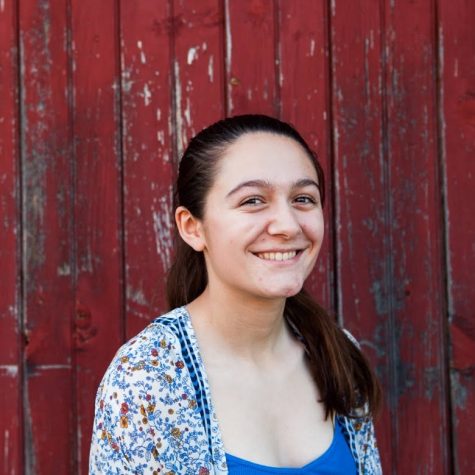
Annie Rupertus is a member of the class of 2021. In addition to being a class officer, an athlete, and a participant in various social justice-related...

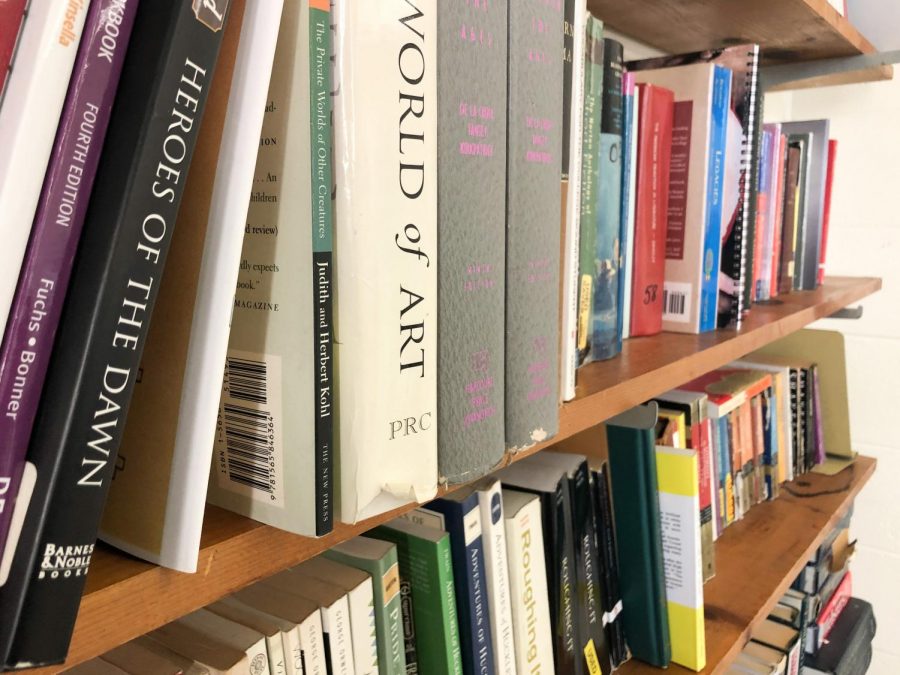
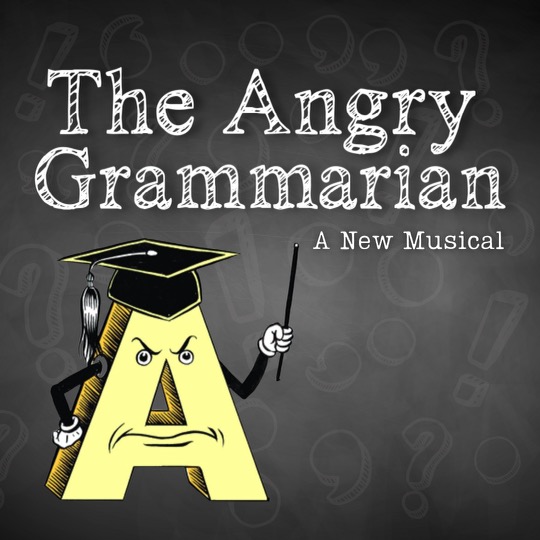
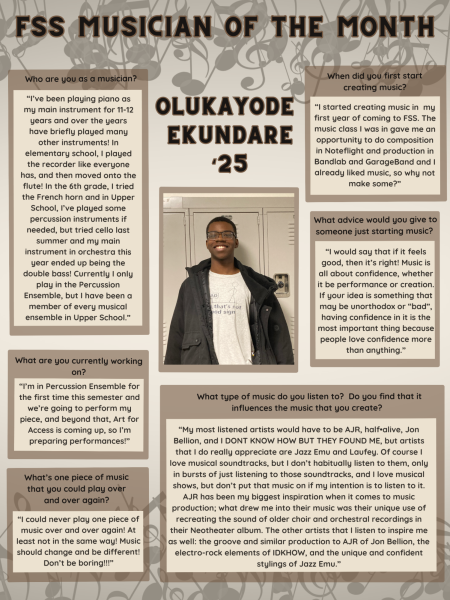
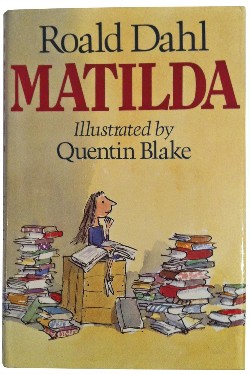
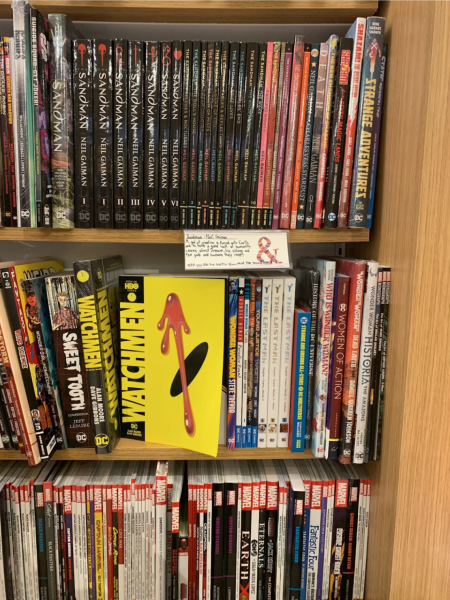
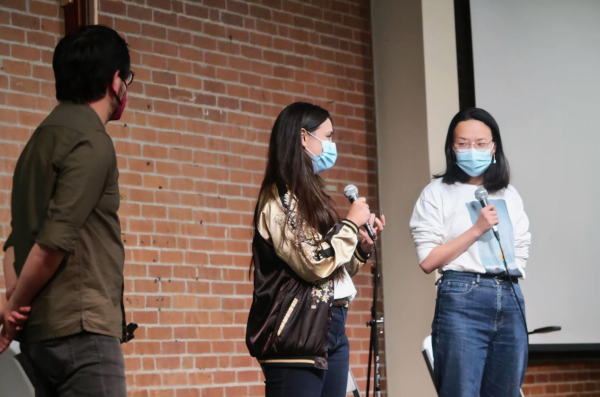
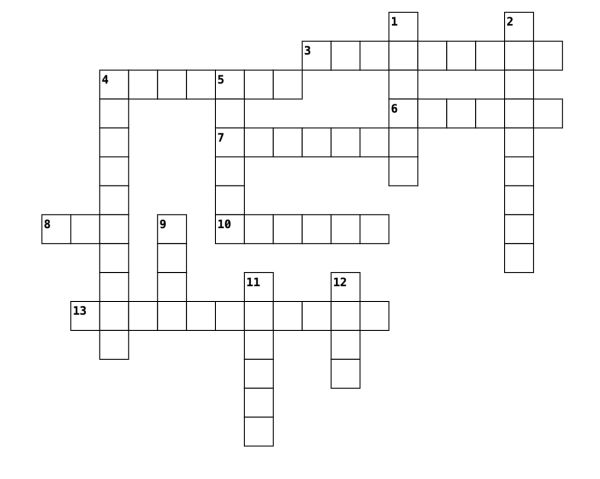


Annie Rupertus • Oct 22, 2020 at 10:28 AM
Yes Tony, thank you!! Glad that the 10th graders are reading Home Fire and I hope more works by Asian authors will be incorporated soon.
Tony Lian • Oct 20, 2020 at 6:02 PM
Sorry, I will need to take my words back on there was never a book written by an Asian author – there was indeed one book that was written by a Japanese author that we read in 10th Grade. However, I would like to still hold my point.
Tony Lian • Oct 20, 2020 at 5:58 PM
Thank you for sharing this. I believe our school’s English Department also needs to bring much more attention to Asian literature. As an Asian student, I feel our literature is still very excluded from school’s curriculum. From 9th Grade to 12th Grade, I don’t think there is ever a book that is written by an Asian author or is dedicated to Asian culture. FSS is a school with a large number of Asian students, and our culture deserves much more attention than it already has now.